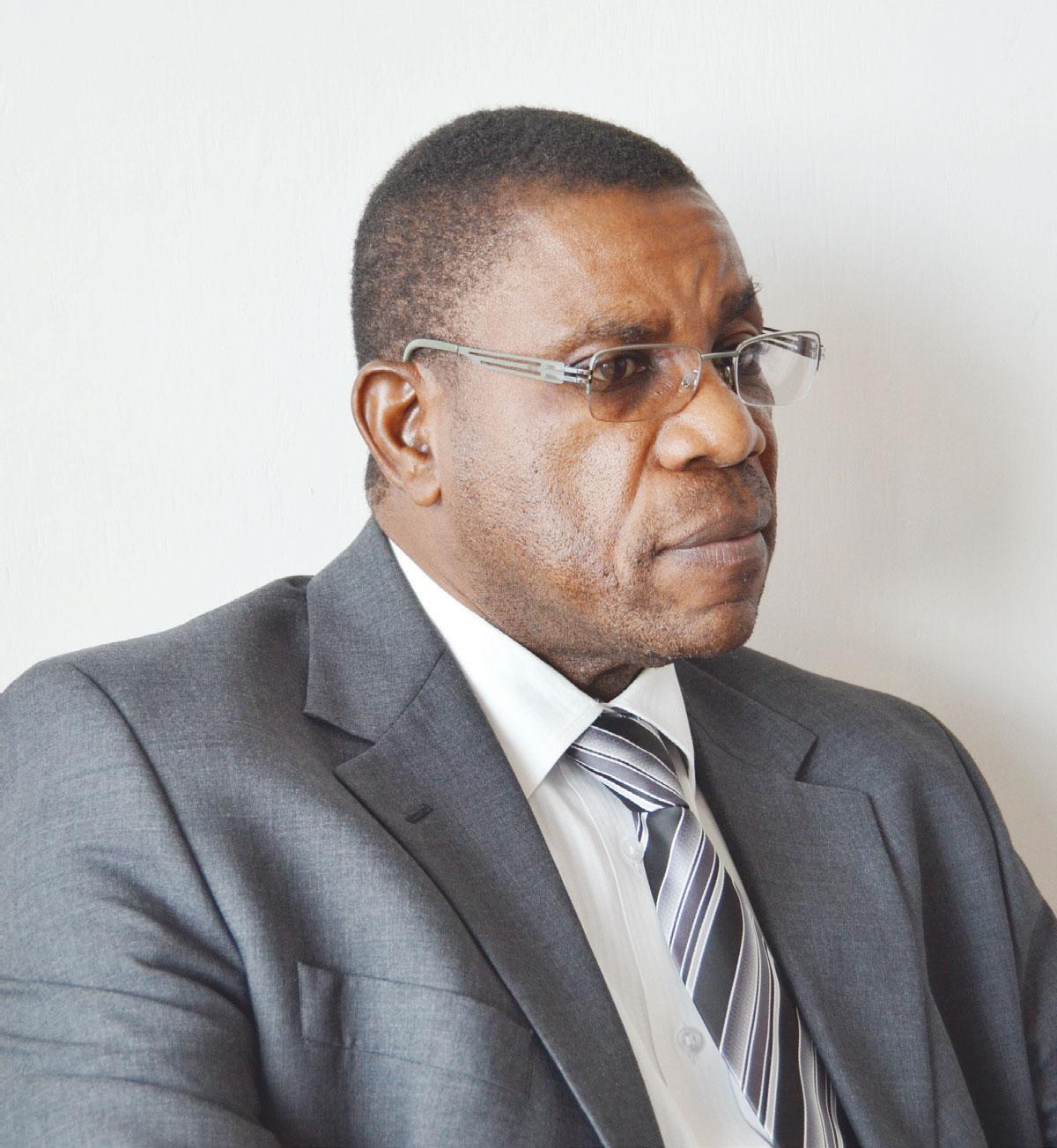Africa-Press – Malawi. Today, the year 2022 finally comes to an end. This is a year in which almost every sector of the economy sailed through turbulent times and some analysts have since described it as a mixed bag. Government on the other hand, while sympathizing with Malawians, believes not all is lost.
It all started on January 24 when Tropical Storm Ana passed through many districts in Southern Malawi, leaving devastation and destruction in its wake. And before the country could recover, another Tropical Storm of equal magnitude, Gombe, hit Malawi.
The combined effect of the two tropical storms was disastrous. Destruction of maize fields, houses, property as well as human lives. They also crippled the country’s power supply system by destroying Kapichira Power Station, taking out 130 megawatts from the national grid.
Soon, things were to be worsened by the shortage of essential imports such as fuel, cooking oil and wheat flour, forcing prices through the roof. Before Malawians could digest the impact of this, the Reserve Bank of Malawi announced a 25 percent devaluation of the kwacha and prices shot up even further.
As forex problems continued essential commodities such as medicine and fuel started running out, resulting in long fuel queues at pump stations last seen on April 5, 2012.
As we close the year, cholera is still taking its toll on the country. Welfare monitoring body Centre for Social Concern (CfSC) has admitted the year was very bad for Malawians.
CfSC Programmes Manager, Bernard Mphepo, said cost of living for a family of six living in the cities skyrocketed to K330,000 as at November 2022 at a time their earnings remained constant or even declined.
“2022 has been a very bad year for Malawians considering that the cost of living shot up astronomically,” Mphepo said.
Even the World Bank has warned in its 16th Malawi Economic Monitor that the rising food inflation, currently at 34 percent, will lead to even more Malawians being pushed into poverty.
On its part, the Malawi Confederation of Chambers of Commerce and Industry (MCCCI) believes 2022 was a mixed bag. MCCCI President Lekani Katandula said Friday that despite the forex shortages and power challenges, the year also had some positives.
Katandula said, among others, the Covid-19 pandemic slowed down in the year, allowing some crucial sectors of the economy such as tourism to bounce back.
“Looking ahead to 2023, we can be more hopeful, especially looking at the engagements between the government and the International Monetary Fund and World Bank.
“It does look like we can get back on the IMF programme fully. We have seen support from the World Bank and hopefully the forex challenges may be reduced. It also appears we will have a pretty normal growing season and we should expect agriculture production to remain strong,” Katandula said.
Quasi-religious body Public Affairs Committee (Pac), through its spokesperson Guilford Matonga, equally described it as a year of mixed fortunes, leaning more on what the country has achieved.
Matonga said one key outstanding element in this year was the fight against corruption, which he said took a different turn when the country witnessed those in government being arrested and questioned.
“However, there was good news of signing ECF and the second Millennium Compact, these will help improve the economy of the country. So looking back it has not been all rosy nor has it been completely bad,” he said.
Consumers Association of Malawi (Cama) Executive Director John Kapito said in this year, Malawians struggled with rising prices of various commodities. Kapito said 2022 made history as the year where people were mostly in blackouts for as long as 24 hours.
“2022 is the year that Malawians would want to forget quickly we have witnessed the worst economic meltdown. Consumers went through a number of challenges beginning with the high cost of living, higher prices on the market high unemployment rates and people could not even have access to disposable incomes.
Commenting on the matter, government spokesperson Gospel Kazako said government sympathized with the people and was fully aware of the problems but said most of the challenges were due to the global economic crisis.
“There was a time when commodities like sugar, salt, bread, and cooking oil went up as government we felt bad and what affected us the most was knowing fully, that this is not our doing as the government but rather a global economic crisis. These were sad times.
“In regards to electricity, what you need to know is that as a government we employ technocrats to work on different things for example on the issue of electricity we have Egenco there are experts who told us things will be up and running by December. However, it hasn’t worked as planned what is scarier is that this was told to the president this will be looked at and strong decisions will be made so that people do not mess up. We can’t confidently say this issue was handled well but we have a plan that will fix this problem once and for all,” he said. Many are hoping 2023 will bring good tidings for the country and its citizenry.
For More News And Analysis About Malawi Follow Africa-Press






